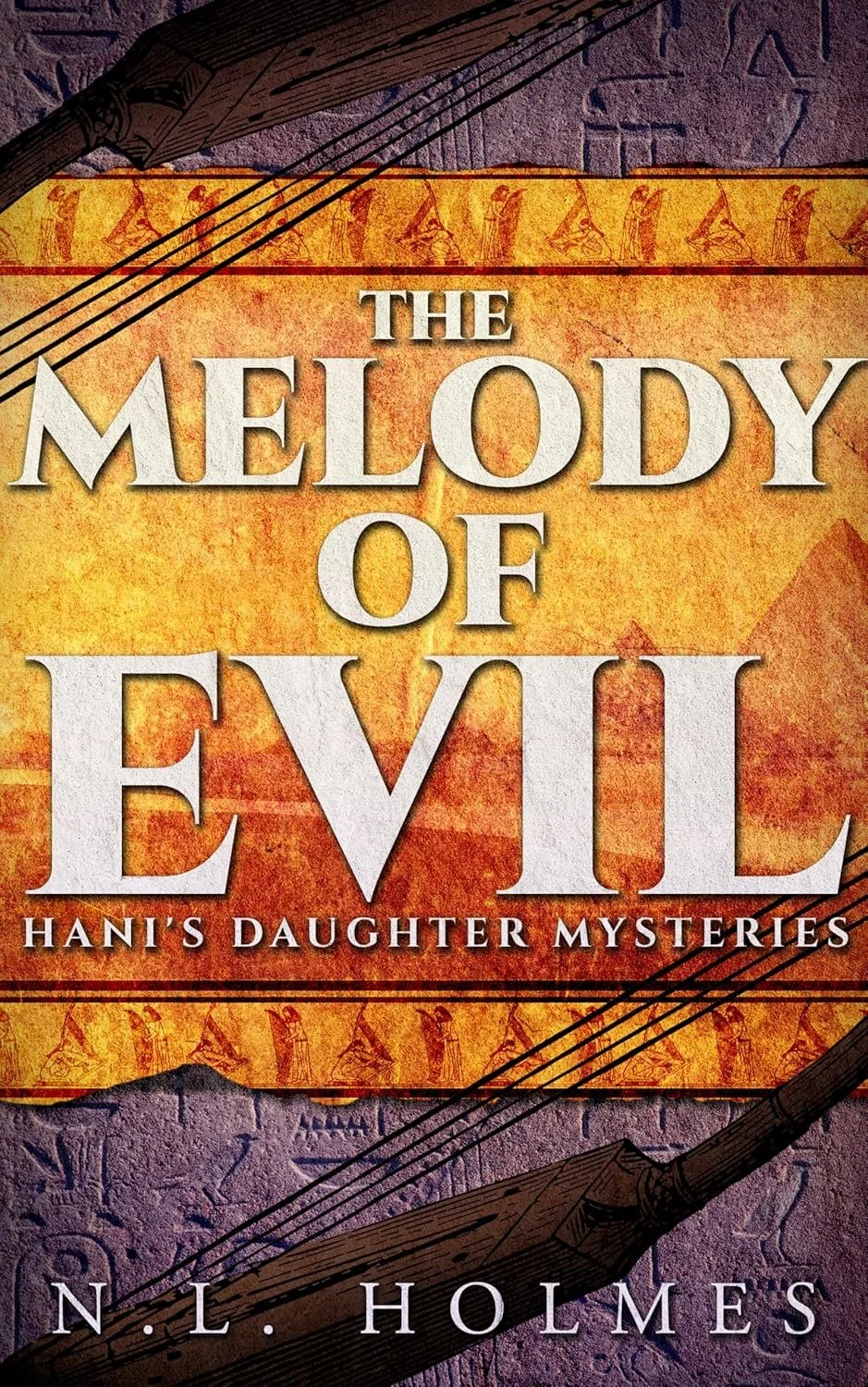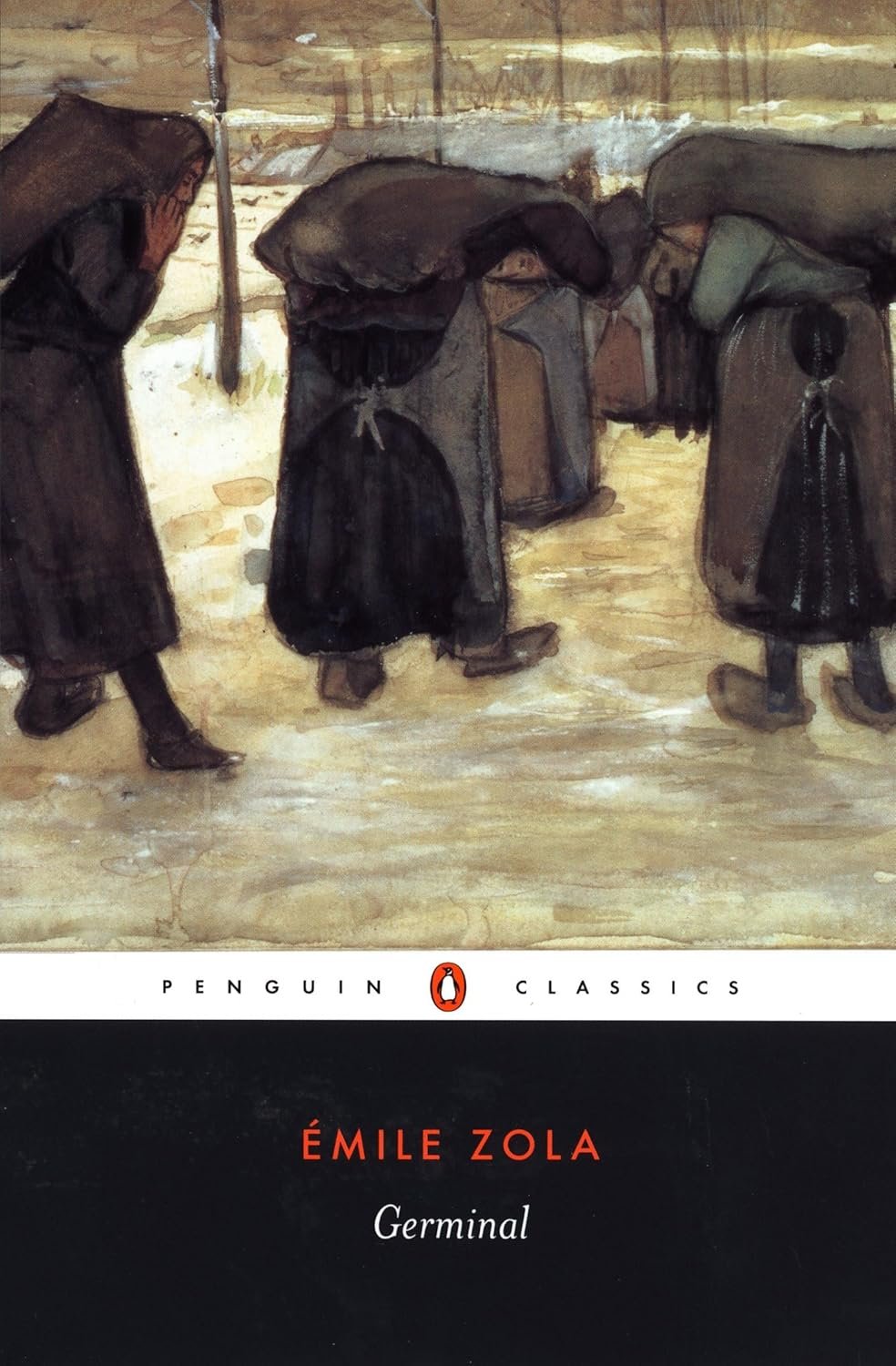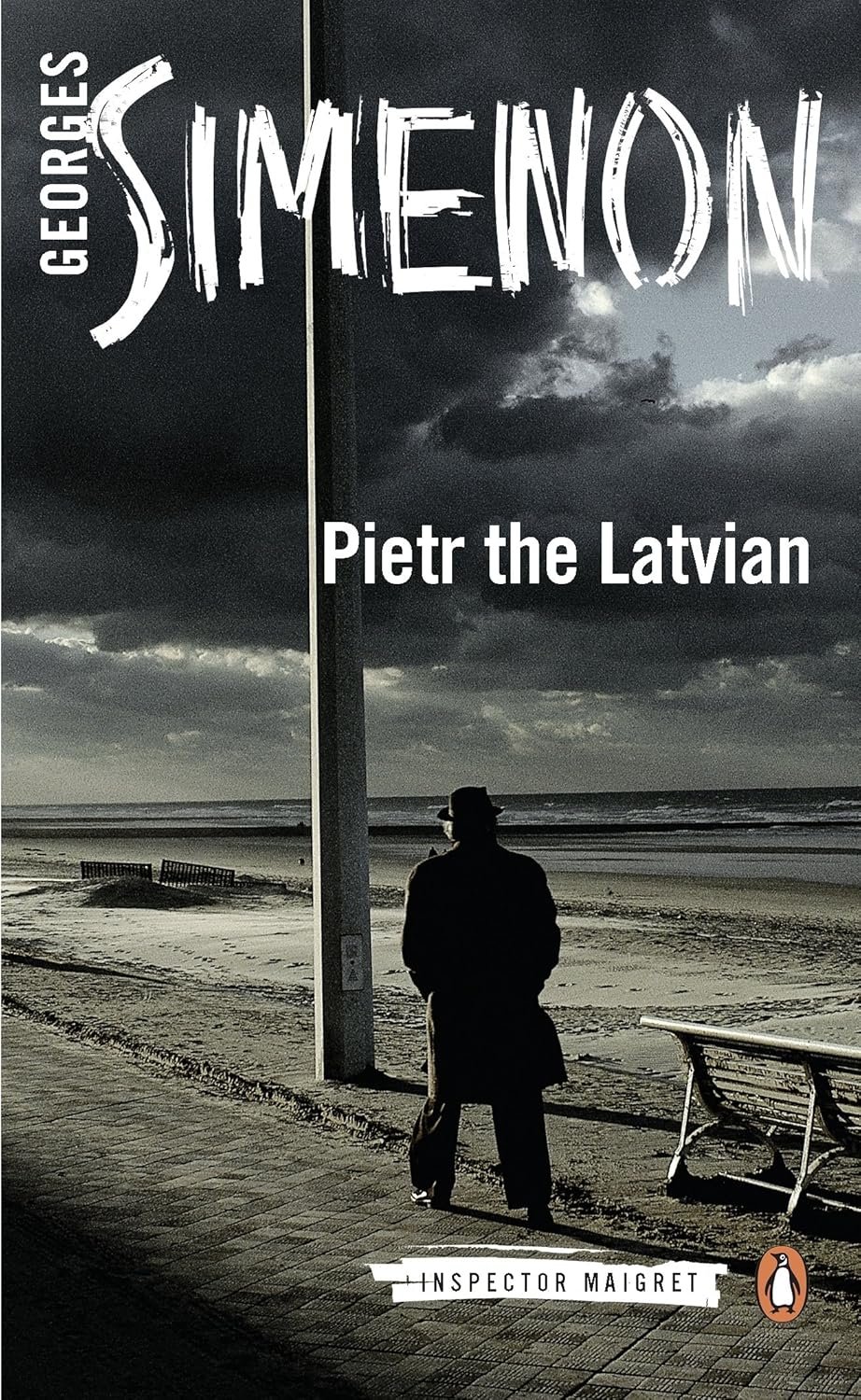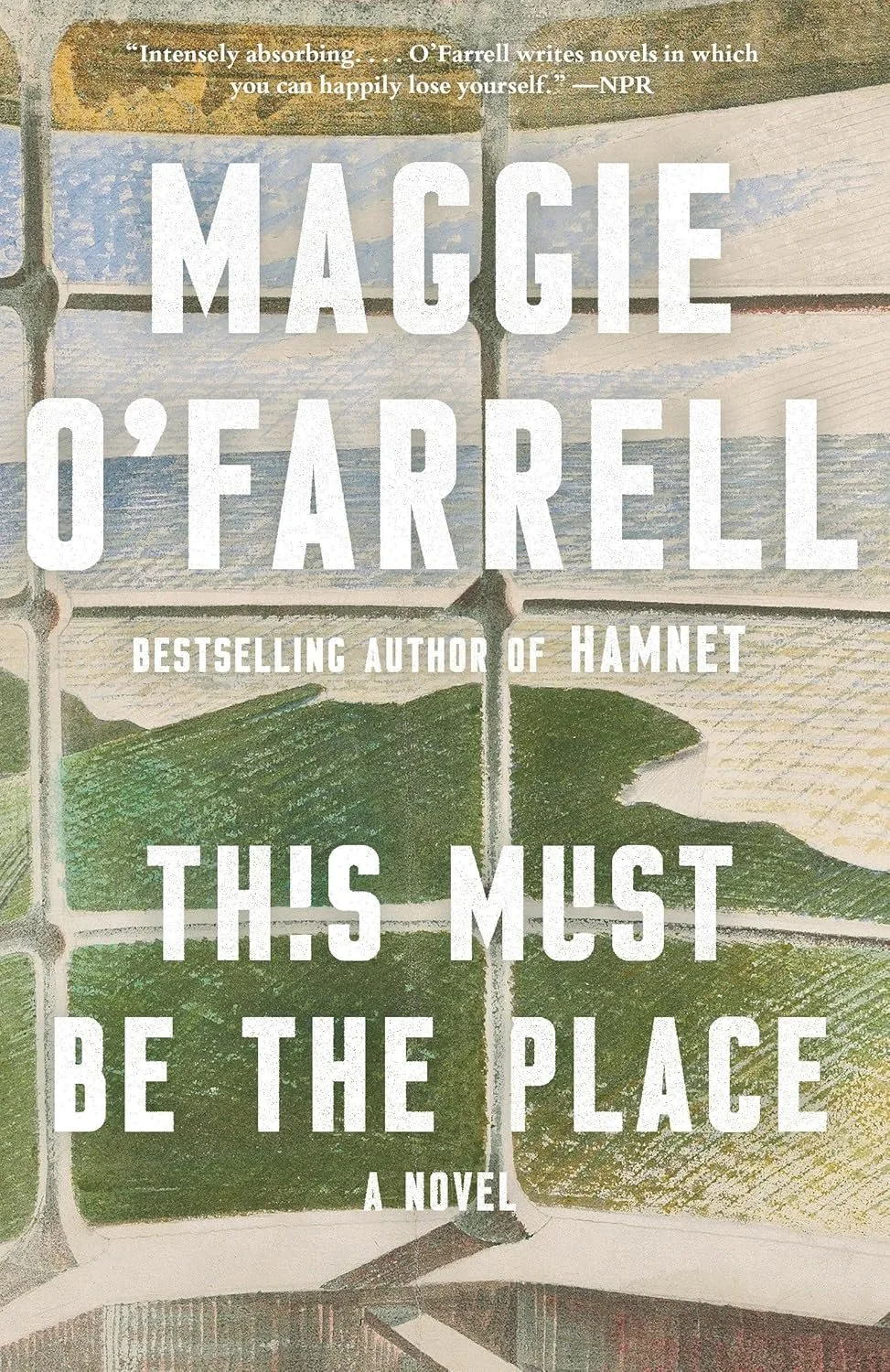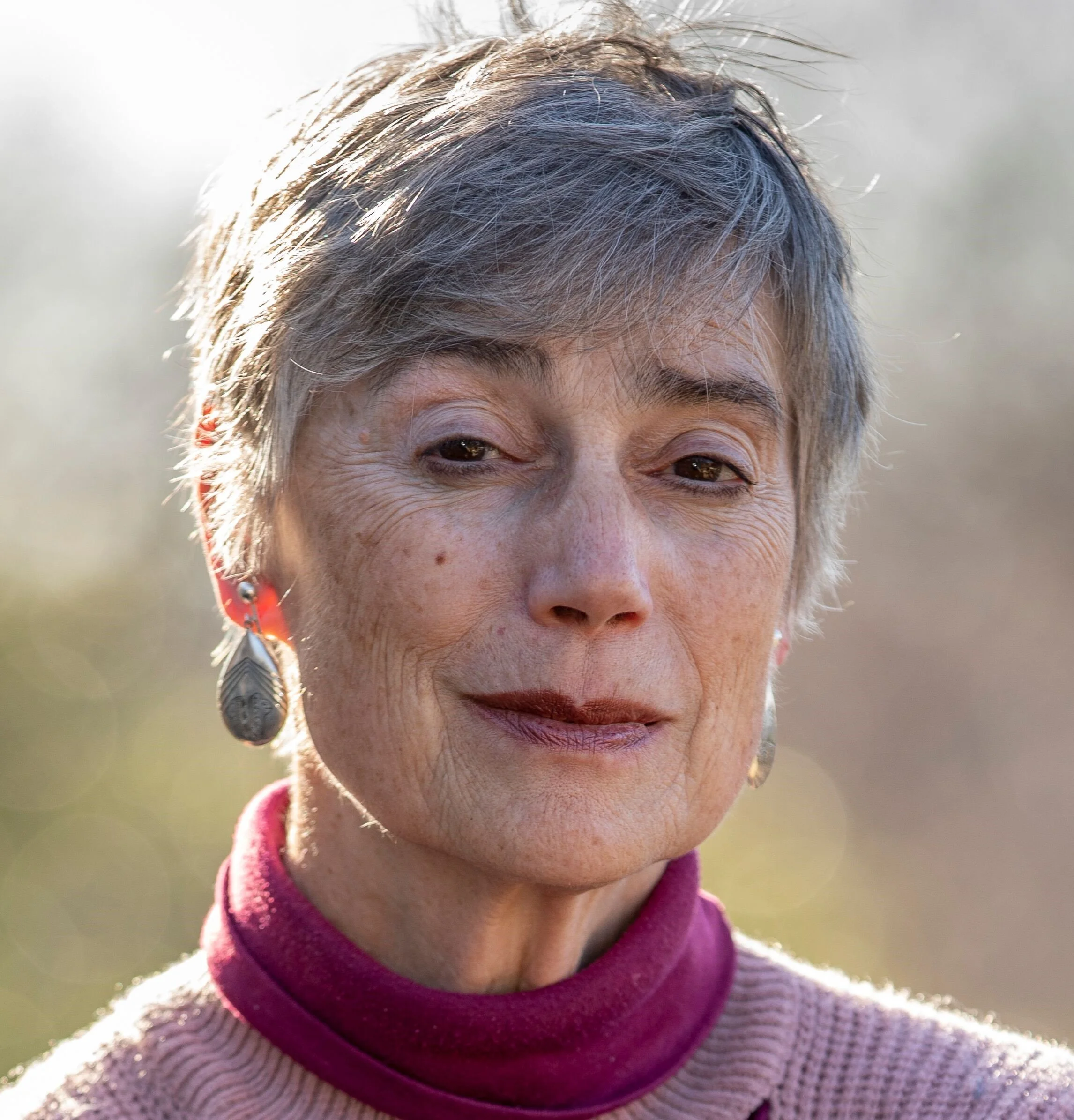N.L. Holmes
Author Interview - N.L. Holmes
Author of The Melody of Evil
This is the fourth book of the Hani's Daughter Mysteries, set in the ancient Egypt of Tutankhamen's reign. Neferet is a twenty-four-year-old woman physician, who, together with her partner, runs a dispensary in a working-class neighborhood. When her husband Lord Ptah-mes, the treasurer of the kingdom, decides to hold a party in honor of his eldest daughter, Neferet offers to find musicians to play there, but it seems one of the family of musicians has just been murdered in a brutal fashion. Typically, she sets out to find the killer -- because laying the dead man's soul to rest is just as important as treating an ailing body. Together with her partner Bener-ib and their teenaged apprentice Mut-tuy, she sets out to discover who killed the late lyre-player. But their investigations soon lead them in the direction of Ptah-mes's son-in-law -- the husband of the guest of honor! There's no way hearts won't get broken in this case. Neferet and her friends will find themselves dragged into danger at every turn. She may not get out of this one alive...
Author Interview - N.L. Holmes
Author I draw inspiration from:
Gosh, I have so many "favorite authors"! Since my favorite book is Germinale, I guess I'd have to say Zola. One of the many superb qualities of this book is the visualness of it, which is something I really love in a novel and try to emulate. The world is so vividly drawn that years after I read it, I'm still haunted by its imagery. Or maybe traumatized is a better word; since we're talking about a flooded coal mine! Zola wrote novels to try to arouse people's horror against social injustices, so that graphic aspect had a purpose, as well as the intense emotional content. Since the reason I turned to novelizing after a career as an archaeologist/historian is likewise to convince readers of the humanity of those who lived before us, I really identify with this. History is above all human beings, not dates and battles.
Author Interview - N.L. Holmes | Author I Draw Inspiration From
Favorite place to read a book:
Of course, the obvious answer is "anywhere a book is is the best place"! But instead I'll say on my patio under the bay laurel tree in the summer and in front of the fire in the winter. Let me set the scene for you: we live in the French countryside in a 400-year-old farmhouse. No other houses are visible from our garden. An orchard stretches out before it, with a meadow planted in wildflowers. On one side is a cow pasture, and on the other -- beyond the well and the rose arbor -- is a field, usually planted in wheat or sunflowers. All around are woods. Add a chaise longue, and it's a great place to stretch out and read. But inside the two-foot-thick stone walls of the house, it's pretty darn cozy. Overhead are huge beams, beneath, a floor of worn terra cotta tiles. Get a few logs on the fire and add a pair of cats in the lap as you sit in a comfy wing chair, and it's close to perfect. Maybe a cup of tea to complete the effect.
Book character I’d like to be stuck in an elevator with:
Inspector Maigret from the detective series by Georges Simenon. As a mystery writer (among other genres), I'd love to talk to this archetype of the good investigator. But unlike some of his colleagues, Maigret is also a profoundly nice guy. He's got the sort of solid, trustworthy, kind-but-not-a-pushover vibe I admire in life as well as in literature. He's a cultured person but utterly unpretentious, being from humble origins, and he can talk to anybody and gain their confidence. I see the conversation opening with me saying how much I've enjoyed reading about his cases and the imagination and perseverance with which he's solved them, and then getting off into other subjects like conscience or even music. The only problem in an elevator might be that he smokes a lot.
Author Interview - N.L. Holmes | Book Character I’d Like to be Stuck in an Elevator With
The moment I knew I wanted to become an author:
It was more of an evolution than a moment of revelation. I grew up in a family where books and writing were valued. My aunt was book editor of the local paper, and my father wrote stories for Boy's Life in his earlier years. My cousin and I wrote "novels" all the time as kids (she later became a novelist too) and acted out books we had read like Anne of Green Gables or Swiss Family Robinson. I drifted off in different directions (antique dealer, artist, nun, interior decorator, archaeologist). The idea of writing historical novels resurfaced when I was teaching at the University of South Florida. I had a class about ancient Near Eastern empires, and one of the assignments I gave my students was to read the four or five brief references to a certain royal divorce in the 13th century BCE and try to reconstruct the events. It was quickly evident to me that almost anything we could say was as much fiction as historiography! So I decided to turn that historical snippet into a novel when I retired from the classroom.
Hardback, paperback, ebook or audiobook:
Hardback is my favorite, in terms of sturdiness and lying flat while you're reading it, but hardback books tend to be ungodly expensive, so I generally settle for paperbacks. Hopefully, they'll last at least until you've finished reading them without pages falling out. Since I like to buy used books, hardbacks' longevity is an advantage, but sometime gently used paperbacks survive in good shape for fifty years. The pages tend to turn dark. But any physical book you can curl up with and sniff and feel under your hands gets my vote. I've never read an ebook and don't even have a reader, although 95% of my book sales is in that format. They certainly have an advantage when you travel -- loading up a Kindle is a lot lighter than loading your suitcase with real books! But I look at a screen enough in the course of the day. Give me a physical book. As for audio books, I like them but put them in a wholly different category. They're great when you're driving or cooking dinner. The narration can be either acted out or just read aloud, and I think I prefer the latter, perhaps just because of the way I grew up. We used to read aloud to each other for entertainment on rainy days.
The last book I read:
Maggie O'Farrell's This Must Be the Place (I read it in French under another title). I'm a huge fan of O'Farrell. There's such a lot of Irish poetry in her writing. This book was done in flashbacks among a number of characters, which is an extremely difficult form to handle -- it so easily becomes confusing, and the reader loses track of the story. I think she handled it with great skill, and since this was an intergenerational tale, it was the best way to have done it. Beautiful style, as always, and written with great sensitivity. I loved it. She's one of the modern authors I can't get enough of.
Author Interview - N.L. Holmes | The Last Book I Read
Pen & paper or computer:
Computer. I have occasionally written by hand in a waiting room or on a plane, but it's hard to decipher all the cross-outs and things written up the margins! If we were still back in the age of the manual typewriter, I'd have to do my drafts by hand (as I wrote papers in college in the '60s) because I can barely type, and only the miracles of the word-processor save me. My writing process is pretty loose. I don't plot in advance, just start in with a few ideas floating in my head. Then the story unrolls itself, and I follow. It's really the characters that determine what path things take. How would they react in these circumstances? Like the reader, I step back at various stages and try to figure out who done it. When it seems almost inevitably to be Person X, then I make it Person Y, which may involve going back and salting a few red herrings. This means that there are sometimes moments of panic in the course of the writing when I have no idea where things are going. Just gotta trust the process.
If I weren’t an author, I’d be a:
I'd happily still be an archaeologist; It was a career that loved because it included so many of my passions. It was both physical (excavation) and intellectual. It involved both history and art and other handicrafts, and I'm a very manual person. Handling ancient artifacts that people of the past had really used was like a time-machine to me. I could so easily imagine them going about their lives. I loved the kind of total cultural immersion it requires -- to interpret a site, one has to know all about that culture, their religion, their language. It seems to me to be a distillation of all the disciplines that study the past. Plus, I loved to teach -- something I didn't realize until I started doing it. Not only did I enjoy communicating my love of antiquity to the students but I loved the simple fact of taking a complicated subject and making it comprehensible -- that is, the teaching itself. I changed my courses every year, updating the content or just tweaking the syllabus to make the very structure of the class shed light on something important.
Favorite decade in fashion history:
This will sound self-serving, but I'm going to say Egyptians. I adore fifteenth-century Europe or seventeenth-century, but there's no way I would want to wear those weird and wacky fashions, beautiful as they are. I mean, shoe tips so long you have to chain them to your knees? Plucked foreheads and towering headdresses? Ruffs? Corsets? Rock on, guys, and thank you for the spectacle. But not me. I like the cool simplicity of white linen spiked by the colorful jewelry. I know from experience in the convent how easily linen is pleated wet and dried on a board to make knife-sharp pleats; I've seen Egyptian textiles that were so sheer they were like organdy. And the royal headdresses are out of control. How is it humans are so fond of strangely-shaped things on their heads? I have a weakness for sandals, and I love that the Egyptians had no body shame -- anything could be shown, and it was all good.
Place I’d most like to travel:
I know it's no longer possible, but I've always wanted to travel the Silk Road. It's the epitome of exotic. I'm fascinated by the cultures of Central Asia and the degree to which that region has remained untouched by Westernization. Generally I want to speak a little of the language when I go someplace, and I speak no Tadjiki or Kyrgyz or any of those tongues at all, but to retrace the path of Marco Polo and those other intrepid merchants of the past really intrigues me. I used to teach a course about Alexander the Great, and it just floored me to think of marching on foot so many thousands of miles through such hostile terrain. What originally put this bug in my ear? I'm not sure, but I've had this yearning since childhood, well before I had a friend who actually made the trip. Maybe listening to Russian music like "In the Steppes of Central Asia" or "Prince Igor." I think it has to do with a world that is neither fully Eastern nor Western but a bridge dangling between the two.
My signature drink:
Well, as of this year, it's homemade cider! Because of the extremely rainy weather, we had a bumper crop of apples. I just couldn't find enough ways to can, dry, or process them. So I bought a little cider press, juiced up a couple of demijohns full of nectar, and let it ferment. Around here, cider making is both art and science -- it's the traditional beverage. But I, blissfully ignorant, just let nature do her thing. One batch turned promptly to vinegar (also useful), but the other fermented cleanly into a powerfully alcoholic cider. I bottled it up, and now, when you uncork it, it shoots off like a Roman candle. But it tastes pretty darn good.
Favorite artist:
I'm a huge fan of Velasquez, but my favorite painting is a very little known piece of the fifteenth century by a French painter named Enguerrand Quarton. It's quite large and in style straddles the Middle Ages and the Renaissance. It's a Descent from the Cross of slender, elegant figures in dark clothing -- extremely lifelike -- against a flat gold background like a medieval icon. I just love the stylization that imparts; it takes all sentimentality right out. And the faces are so beautiful and sensitive, like something from Botticelli. There's nothing of the clunkiness of earlier Medieval/Renaissance art in Italy, and it's light years ahead of anything else coming out of France or the north. This guy was a genius. I bet he died young.
Number one on my bucket list:
I'm currently involved in learning how to knit. I weave and I used to crochet, but I never learned to knit -- perhaps because my mother was so good at it. So I got a friend to show me how. It looks easy, right? People do it without even looking. I guess it's age, but I'm finding it pretty challenging. Partly because I'm jumping into a project that is way beyond my skill level (typical, I'm afraid). But I want to knit a pair of patterned socks, so I needed to learn to knit. That's what retirement is for : learning all the skills one never had time for earlier.
Anything else you'd like to add:
Re: bucket lists, a lot of the skills I've picked up in the last few years are related to my writing. For example, when I was working on a novel about a chariot driver, I learned to drive a horse cart (like a racing sulky). When I was writing about musicians, I learned the violin. This gives me the illusion of an organized life, whereas in fact, my interests are all over the place.
Find more from the author:
Website: https://www.nlholmes.com/
Facebook: https://www.facebook.com/nlholmesbooks
LinkedIn: https://www.linkedin.com/in/n-l-holmes/
Twitter: @nlholmesbooks
Instagram: https://www.instagram.com/n.l.holmes/
Tumblr: https://www.tumblr.com/blog/nlholmes
Amazon author page: https://www.amazon.com/N-L-Holmes/e/B0858H3K7S
Pinterest: https://www.pinterest.com/nlholmesbooks
About N.L. Holmes:
Author Interview - N.L. Holmes
N.L. Holmes is the pen name of a professional archaeologist who received her doctorate from Bryn Mawr College, after other lives spent as an antiques dealer, a cloistered nun, an interior decorator and the administrative assistant of an educational foundation. She has excavated in Greece and in Israel and taught ancient history and humanities at the university level for many years. She has always had a passion for books, and in childhood, she and her cousin (also a writer today) used to write stories for fun.



